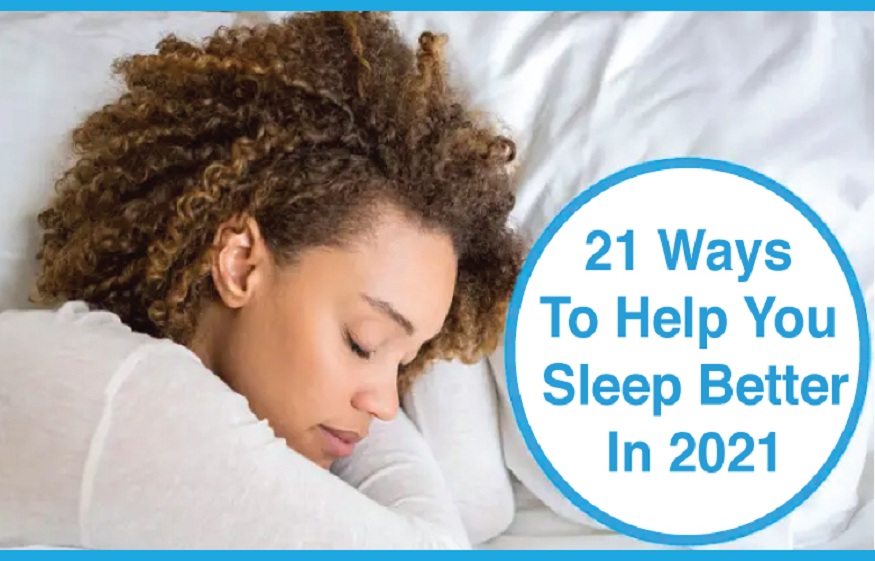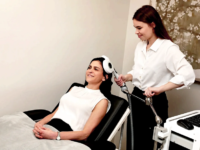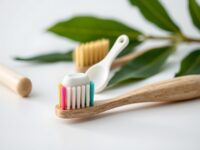21 ways to help you sleep better in 2021

Sleep deprivation was already a worldwide problem but then COVID-19 emerged. In 2019, the first case of the novel COVID-19 virus emerged in China after which he started to spread across the world. After that it was declared as a pandemic. Countries across the world then started taking different measures to ensure the safety of their people. But this pandemic continued to make the lives of people miserable. As an outcome this disease brought significant lifestyle changes. Due to the ongoing situation of COVID-19 pandemic, many people around the world had to face serious sleeping issues. They slept worse than usual as this pandemic disrupted work-life balance. This novel disease brought a plague of sleep disorders and left people awake at night as they were concerned about contracting the disease as well as concerned about their family members.
How insecurity and fear can lead to sleeplessness:
Apart from contracting the disease, another major issue that kept people up at night was their fear of losing their job or income due to this novel virus. Moreover due to enforcement of work from home policies across the globe, a hike in the number of working hours was seen which again made changes in sleep patterns of the people. This all led to making people consume sleeping supplements in order to relax themselves from all this anxiety. A study showed that the majority of the people felt change in their sleeping patterns and half of the people felt more sleepy during this situation. Also some of them had to face night awakenings and some had difficulty falling asleep. There was a small chunk of people who were sleeping enough during the pandemic or were feeling refreshed.
Coronasomnia
All this stress of living with this novel disease gave rise to a phenomenon known as coronasomnia which is characterized by a hike in sleep related disorders or issues during the ongoing COVID-19 pandemic as well as symptoms of depression and stress. This situation is also termed as tandemic as such sleep disorders run in tandem with the COVID-19 pandemic.
Getting to sleep easily
There are a number of ways by which a proper and sound sleep can be attained. By following some natural and simple tips one can sleep better while having less consequences the next day. These can be summed as:
1. Sleeping Medications:
This is the most common way to fall asleep if you have insomnia or if your sleep is disrupted in the middle of the night because by taking sleep supplements, one immediately starts to feel drowsy. But it should be noted that taking sleep supplements is not a long term remedy and their abuse can result in a number of other serious illnesses. The most common sleeping drug is melatonin which is also known as sleep hormone. In UK, a variety of over the counter sleeping pills are available which can also be bought online with the same day delivery option. Currently licensed sleeping drugs in UK are the Z drugs which include zopiclone and zolpidem. Other than these drugs other strong sleeping pills are also made available online which can lead to dependence. These include Estazolam, Temazepam etc.
2. Natural Methods:
There are a number of other natural ways other than supplements intake which can regulate your sleep and make you feel better. These include:
3. Following A Consistent Sleep Pattern.
A consistent sleeping pattern means following the same time for going to sleep. Sleeping patterns could severely change due to this pandemic which can result in serious sleeping disorders. But keeping a consistent time to go to bed can help you fall asleep quickly and keep you refreshed throughout the day.
4. Keeping The Lights Shut.
When the lights are turned on, this can affect the circadian rhythm which means it prevents the brain from judging when it is time to sleep. It is best if at bedtime all the lights are turned off to have a sound and proper sleep.
5. Say No To Daytime Napping.
Daytime napping can also be a main cause to disrupt circadian rhythm. Even if you had a poor sleep the day before it is advised to avoid napping which goes beyond a couple of hours as this will adversely affect the sleep cycle.
6. Avoid Using Smart Appliances At Night Or Before Bed.
Use of smartphones can disrupt your sleep as such devices emit blue light which reduces the production of melatonin which is the sleep hormone as a result of which your sleep-wake cycle is adversely affected.
7. Doing More Exercises.
Indulging in exercises during the daytime makes your body feel more light and makes you mentally relaxed. This in turn proves to be very helpful in having a calm and smooth night sleep as your muscles are relaxed.
8. Reducing Caffeine Intake.
Caffeine is considered to be a stimulant which results in sleep disruptions and wakefulness. In order to sleep better it is recommended to limit the intake of caffeine throughout the day and to at least take it four to five hours prior to bedtime.
9. Changing Eating Habits.
Whatever you consume during the day can impact your sleep at night. If a meal is taken right before bedtime it will take at least two to three hours to digest it which will result in discomfort and nausea. Hence impairing the ability to sleep.
Read here: Why microwaving plastic is a bad idea?
10· Reducing Consumption Of Alcohol
Consumption of alcohol in large quantities can disrupt your sleep especially if done so before bedtime as its consumption is accompanied by nausea and restlessness. Therefore it is advised to limit its consumption in order to get a good night’s sleep.
11· Comfortable bed
Having a comfortable bed to sleep on can be a game changer. One of the best ways to do so is by sleeping on such a mattress which makes you feel comfortable and which is the right size for your bedroom.
12 · Avoiding Sleeping In Noisy Environments
While ambient noises can help to sleep with ease, unpleasant noises can prove to be distracting and will result in preventing sleep onset.
13 · Melatonin Intake
While melatonin is found naturally in the body as a hormone which induces sleep, it can also be taken to increase the chances of having a nice and sound sleep.
14 · Avoid reading e-books
Reading e-books has gained popularity during this pandemic situation as people find it easier to read from such electronic books. As the devices emit blue lights it can reduce melatonin production which in turn will adversely affect the sleep onset.
15 · Taking Hot Bath
Hot showers or baths make your body and muscles relaxed and prepare the body to sleep.
Breathing Exercises
Such exercises result in a relaxing mind and body by de-stressing the people. This in turn helps to have a smooth sleep throughout the night. It is recommended to follow rhythmic breathing technique which involves breathing in, holding the breath and then exhaling.
· Listening To Soothing Music
This might not prove to be effective for everyone, but it can be beneficial for some as listening to music can relax the mind and make it easier to fall asleep.
· Having A Comfortable Position
It is best recommended to have the right spot for sleeping as changing positions frequently can be annoying and make a difference to sleep onset.
· Right Room Temperature
Too hot or too cold temperature can also result in restlessness and therefore insomnia. It is important to experiment with different room temperatures before selecting the right one. The National Sleep Foundation recommends having a room temperature between 60 to 70 Fahrenheit to promote sound sleep.
· Meditation
Anxiety is one of the main problems which disrupts sleep and this can be overcome by meditation by calming one’s mind and body hence allowing them to fall asleep more quickly.
· Book Reading
Book reading can relax the mind and prepare a person for calm and sound sleep. However it is recommended to refrain from such books that strongly or adversely affect emotions.
· Avoid Drinking Liquids Before Bedtime
Excessive liquid intake can make your stomach full and you might be getting up more frequently at night time therefore disrupting your sleep cycle.
· Talk To A Specialist
It is best to consult a sleep specialist if sleep awakenings continue or if you are struggling to sleep at nighttime so that the root cause can be determined and treated accordingly.






